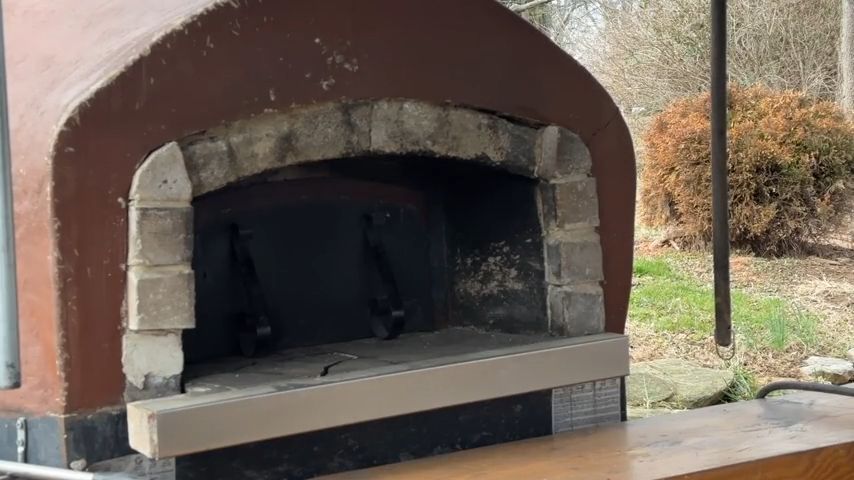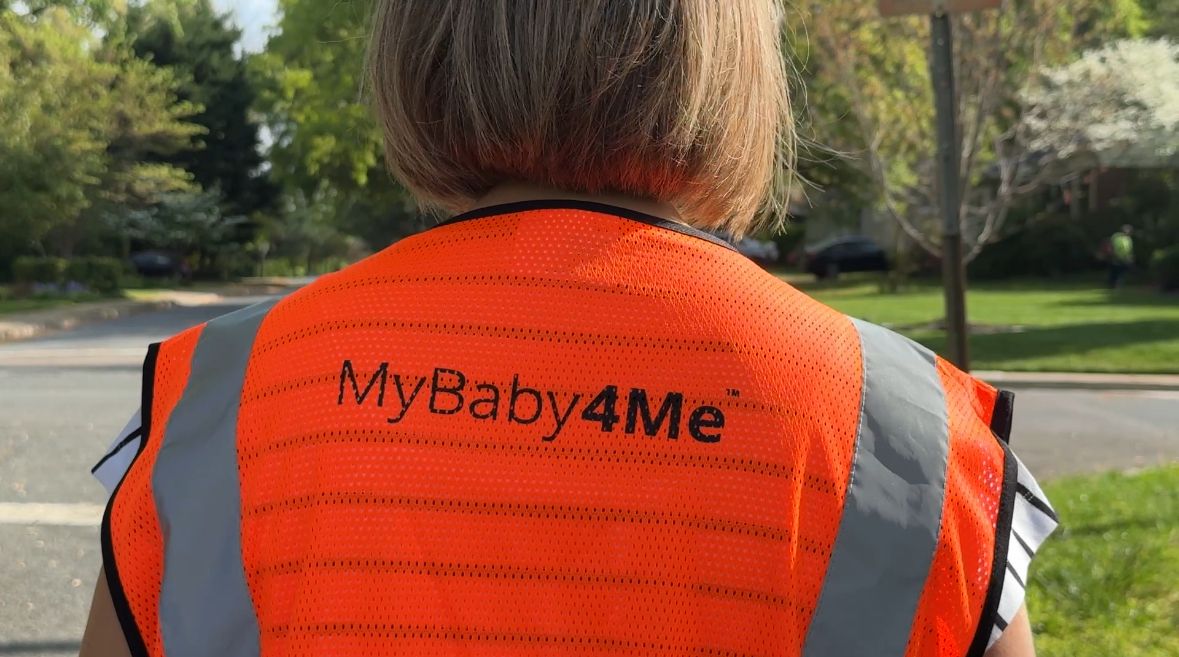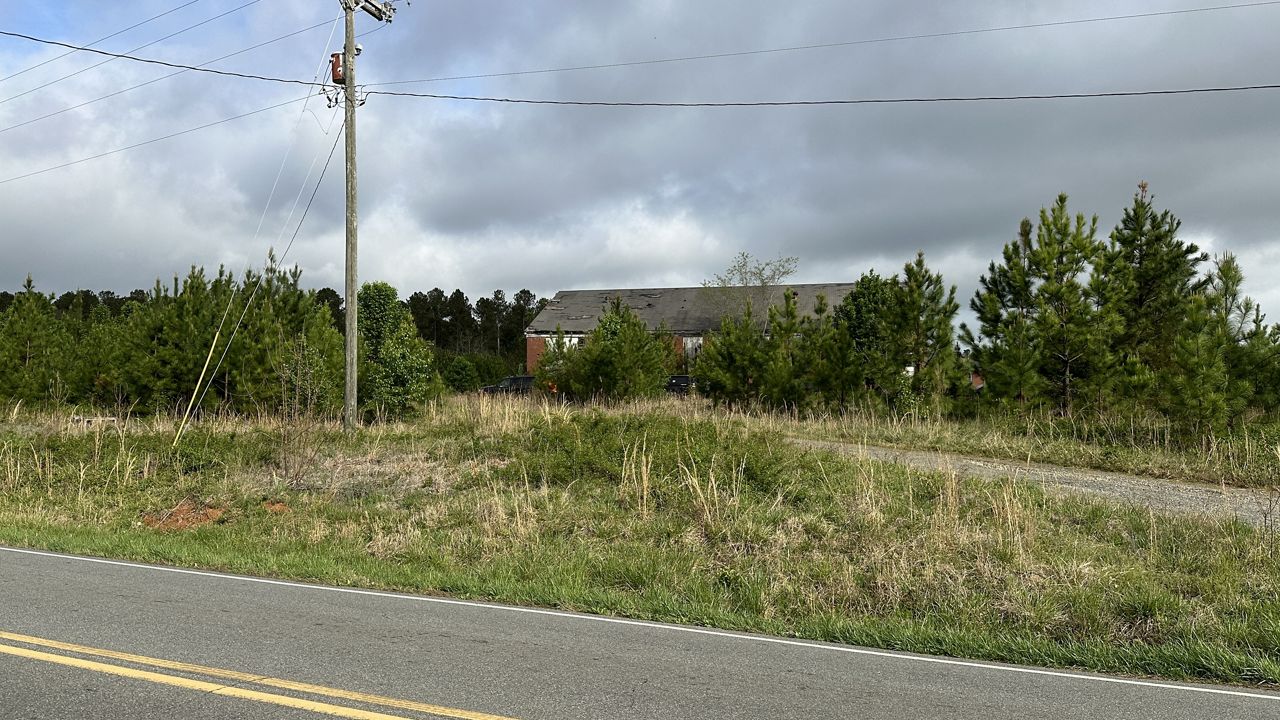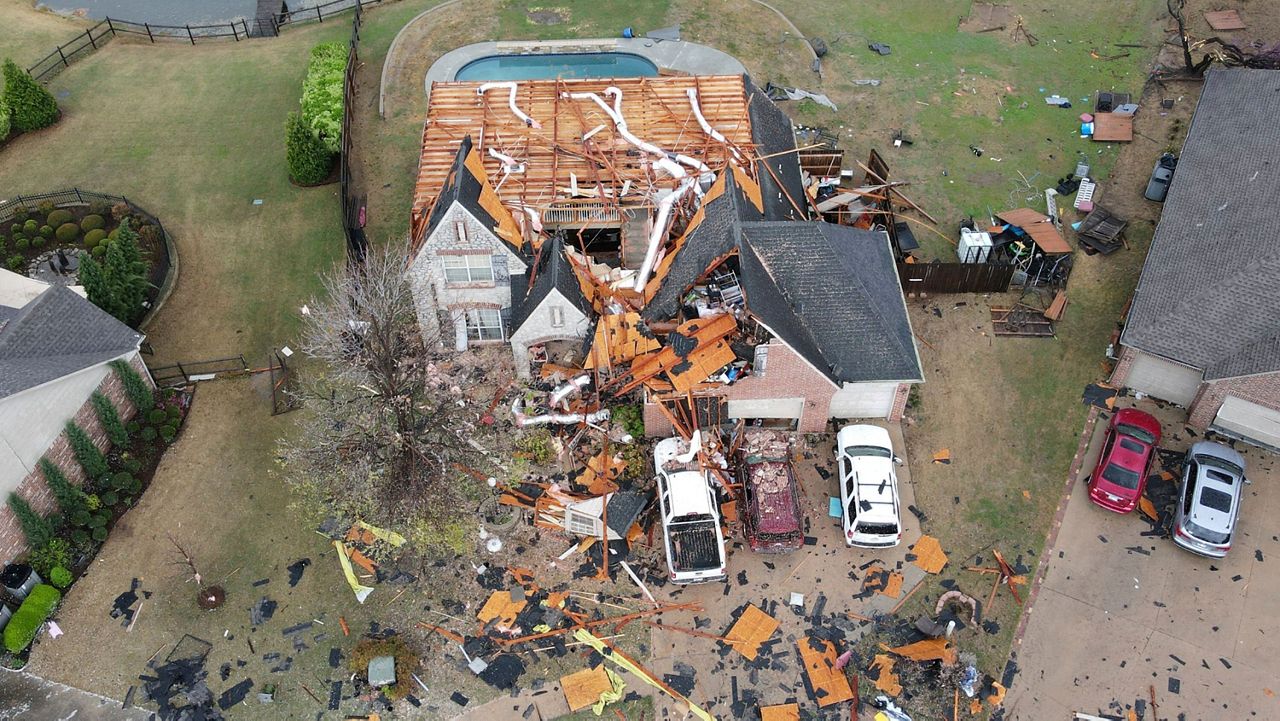ASHEVIILLE, N.C. — When Helene swept through western North Carolina, it left a mark on nearly everyone in the region. Many faced devastating losses, yet a common theme emerged — neighbors helping neighbors.
For Asheville farmer Brian Fenster, the storm caused minimal damage compared to other farmers in the area, but the impact on his farm led to an unexpected purpose: providing for those in need.
At Gladheart Farm, minor flooding led to the loss of approximately 150 chickens.
“In the very bottom parts of our field, there was enough flooding that washed out those chickens,” Fenster said.
Beyond livestock losses, some of the farm’s greenhouses suffered damage as well.
“The middle one survived, this one was flattened. We put it back up, and this one was totally destroyed, so we put up a new one,” he said.
Despite these setbacks, Fenster considers himself fortunate.
“Most of the fields recovered on their own, just because we’re on a hill — we’re sloped, and we have underground drainage in place,” he said.
However, Fenster said other farmers across western North Carolina, particularly those along riverbeds, were not as lucky.
“They’ve received anywhere from 8 inches to 14 inches of contaminated sand,” Fenster noted. “Recovering from that is a big task.”
As the spring season moves forward, many farmers are shifting their focus from profit to rebuilding.
“Whatever was in the river is in the sand, and that sand is on your field,” Fenster explained. “Getting that sand off and fortifying the soil, farmers have all kinds of opinions about how to do that, but I think we’re all in agreement that refortifying the soil is key so that next year we have the hope of a more normal situation.”
While financial stability remains a priority for farmers, Fenster said Helene showed just how resourceful the agricultural community can be in times of disaster. He says in the immediate days after Helene made landfall, western North Carolina communities struggled to access food and clean water.
“By week two, resources started coming in, but the first week, just finding food and water was a huge thing,” he said. “So food and water became this center for the community.”

Through word of mouth, Gladheart Farm became a haven for those in need thanks to the farm's market that was established just a few years prior.
“We were able to fire up the wood-fired oven and make pizzas,” Fenster said.
With running wells powered by generators, the farm also became a vital source for clean water.
“We started trying to get the word out that we had good clean water,” he said.
Thousands of people visited Gladheart Farm over the days the followed Helene, and thousands of gallons of water were distributed to the community.
“They started showing up in pickup trucks with five 55-gallon drums in the back of it,” Fenster recalled. “You start thinking, ‘This could be the guy that drains the well,’ but it didn’t happen.”
When asked if he considered it a miracle, Fenster didn’t hesitate.
“Yeah, it was a miracle,” he said.
As farmers in western North Carolina work toward recovery, Fenster encourages residents to support their local farms, many of which are finding new, innovative ways to generate income this season.
Additionally, some farmers may qualify for state and federal aid to help rebuild after Helene’s destruction. But in the meantime, community support remains an important part of the recovery process.











